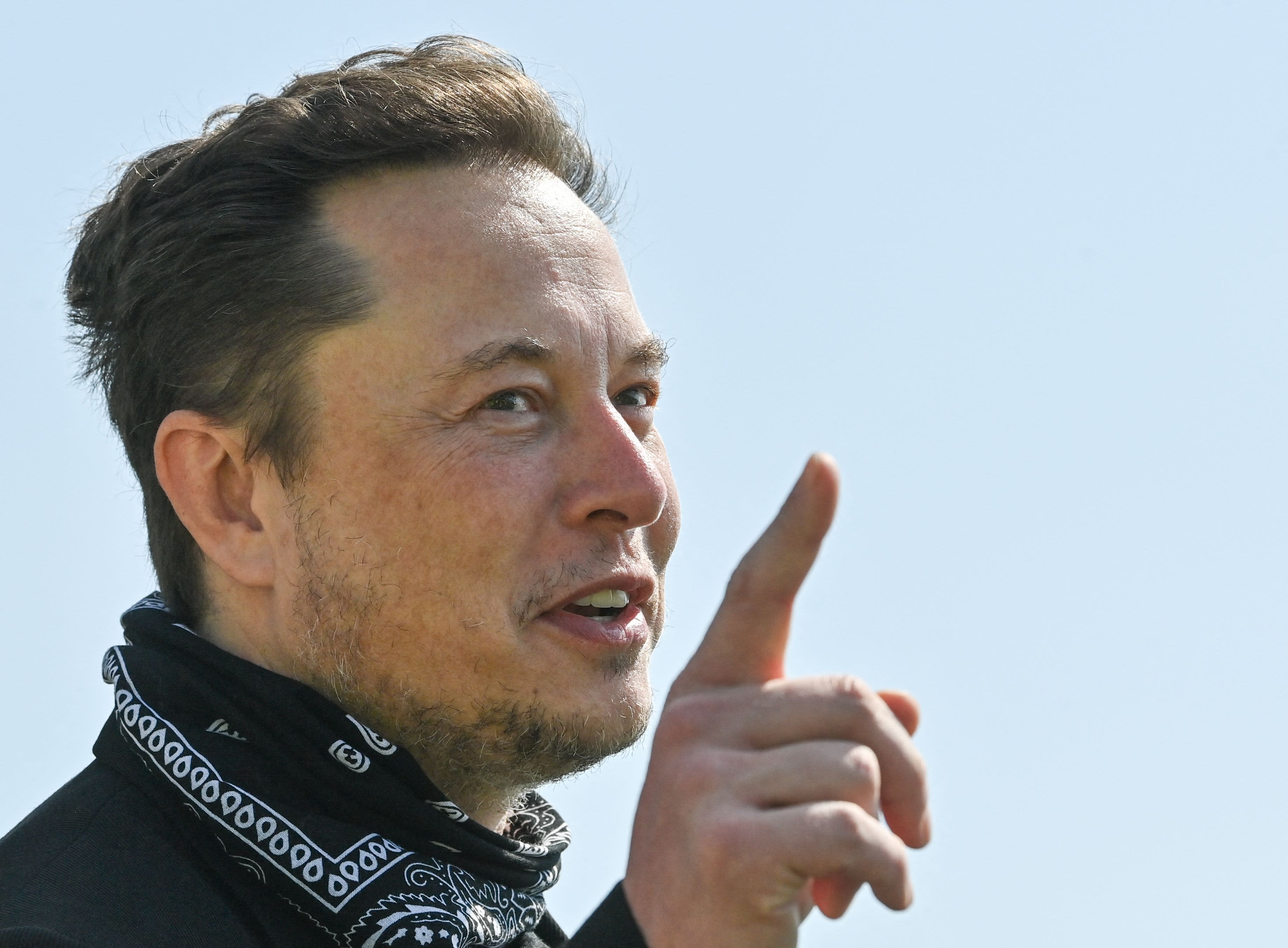
Entrepreneur and business magnate Elon Musk gestures during a visit at the Tesla Gigafactory plant under construction, on August 13, 2021 in Gruenheide near Berlin, eastern Germany.
Patrick Pleul | AFP | Getty Images
Tesla CEO Elon Musk is seeking to end his settlement with the Securities and Exchange Commission that required tweets of his containing material business information to be vetted before publishing, according to a document filed Tuesday in a federal district court in New York.
Musk’s lawyer asked the court to terminate or modify the settlement, which was revised in 2019, claiming complying with its rules “has become impossible under the SEC’s skewed conception of its authority.”
“The more the SEC monitors Mr. Musk’s Twitter activity, and forces others to do the same, the more Mr. Musk’s freedom of expression is infringed,” the document alleges.
The consent decree followed Musk’s infamous “funding secured” tweet that said he was considering taking Tesla private. The SEC had accused Musk of fraud for allegedly making “false and misleading” statements and failing to notify regulators of material events. The original settlement included no admission or denial of wrongdoing by Musk, but was also not an indication of innocence.
Musk’s team is also seeking to quash a 2021 subpoena the SEC sought about whether he obtained Tesla’s approval to tweet a poll he said he’d use to determine whether to sell 10% of his stake in the electric-auto maker.
In the filing, Musk’s lawyers called the subpoena “but one in a winding parade of investigations” into Musk and his companies “without factual basis.” They allege the SEC attempted to “tarnish” Musk and Tesla’s records with the allegedly “unfounded investigations.” That pattern shows the SEC issued the subpoena in bad faith, Musk’s lawyer alleges.
Musk felt “forced” to sign the initial 2018 agreement, according to the filing, because “the SEC’s action stood to jeopardize the company’s financing” and “protracted litigation” would not be in shareholders’ interest.
The SEC did not immediately respond to a request for comment.




